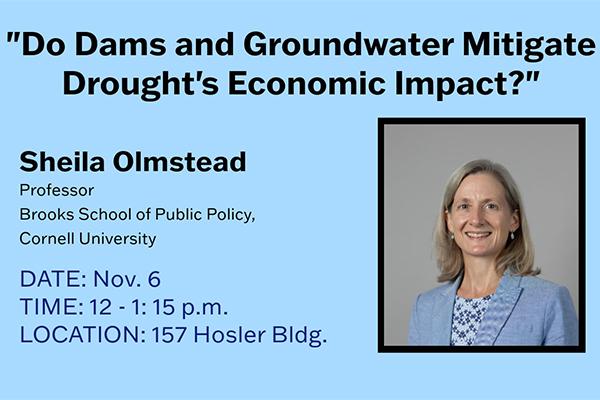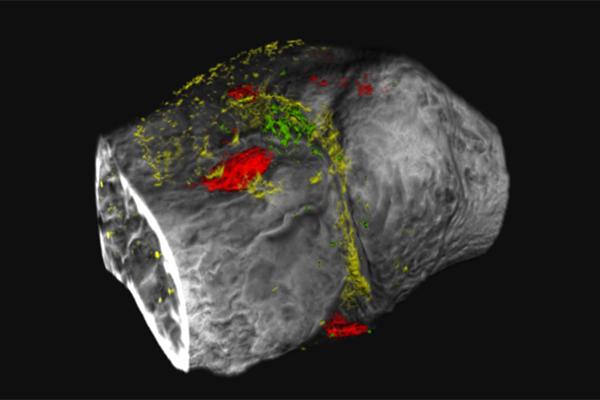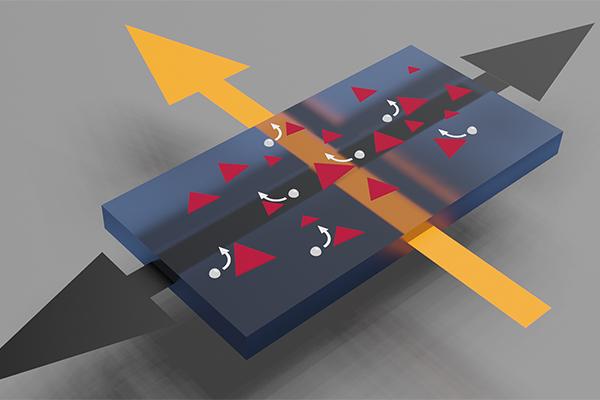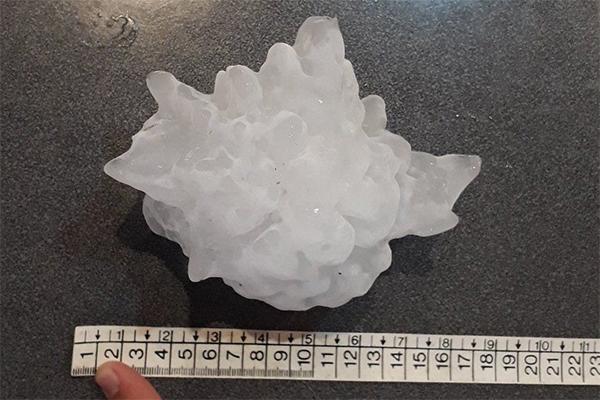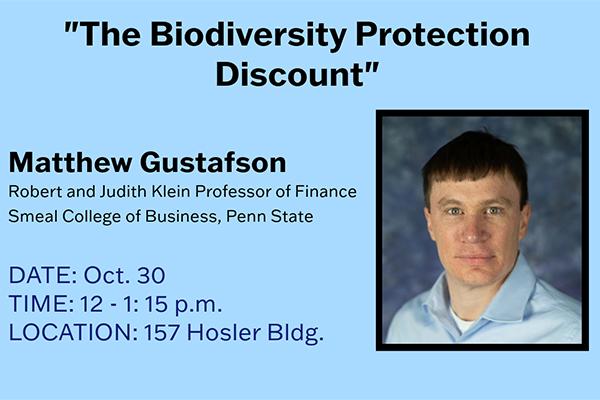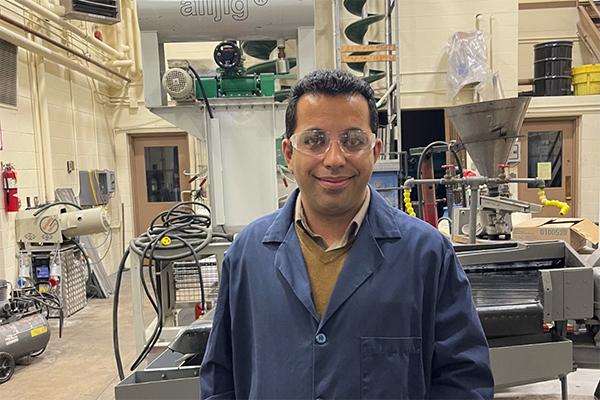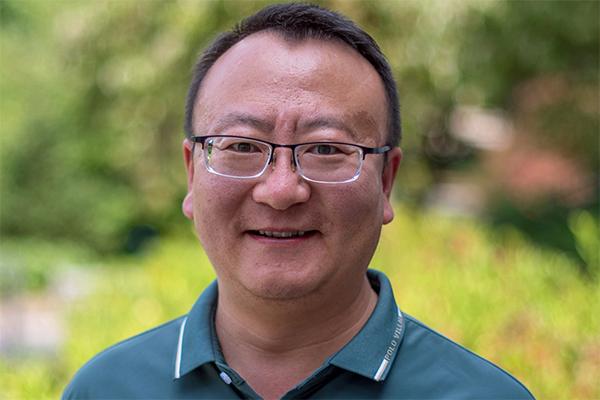Read the latest news about research conducted by investigators in the College of Earth and Mineral Sciences. Our faculty and students are continually advancing technology, creating solutions and expanding knowledge with new and innovative research.
News
Sheila Olmstead, professor at the Brooks School of Public Policy at Cornell University, will give the talk, “Do Dams and Groundwater Mitigate Drought’s Economic Impact?,” at noon on Wednesday, Nov. 6 , in 157 Hosler Building.
Researchers developed novel contrast agents that target two proteins implicated in osteoarthritis, a degenerative joint disease commonly characterized as wear-and-tear arthritis.
Penn State’s Cocoziello Institute of Real Estate Innovation has awarded its inaugural seed grants. John Mauro and Seth Blumsack are among the recipients.
The Hall effect, has revealed some new tricks, which has potential implications for understanding fundamental physics of quantum materials and developing applied technologies such as quantum communication and harvesting energy via radio frequencies.
A new approach for modeling hailstorms that uses more realistic hailstone shapes could improve our understanding of hazardous weather, according to a team led by scientists at Penn State.
Thandazile Moyo, assistant professor of energy and mineral engineering at Penn State, will give the talk, “Aligning with Recycling as a Strategy for Reliable Critical Metals Supply: Policies, Challenges, and Opportunities in the U.S.,” at 4 p.m. on Monday, Oct. 28, in 112 Walker Building on the University Park campus.
Matthew Gustafson, Robert and Judith Klein Professor of Finance in the Smeal College of Business at Penn State, will give the talk, “The Biodiversity Protection Discount,” at noon on Wednesday, Oct. 30, in 157 Hosler Building on the University Park campus.
Mohammad Rezaee and his team founded Intel-E-Waste, a startup offering a sustainable e-waste recycling process.
The Penn State Climate Consortium has awarded funding to four research projects through its Climate Solutions Accelerator Program.
The NIH has awarded Zhenlong Li a two-year, $399,391 grant to study how environmental factors contribute to obesity, particularly in racial and ethnic minority communities.



